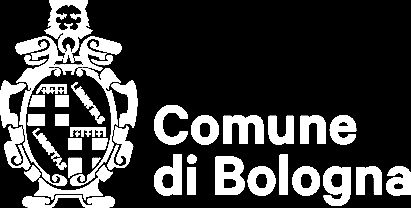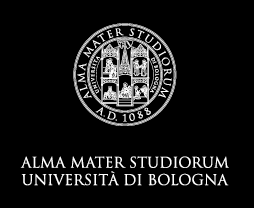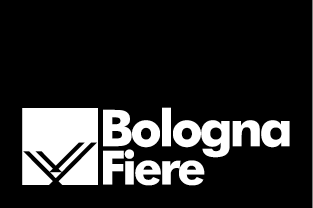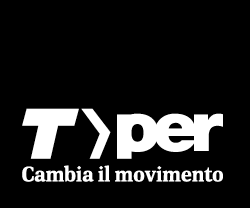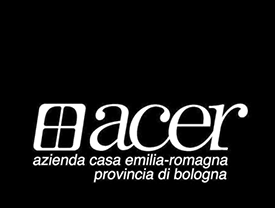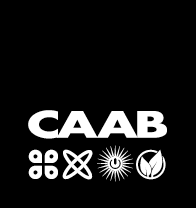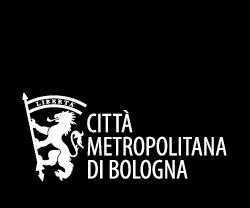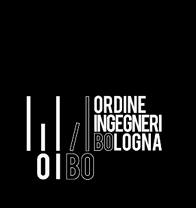Reinventing the city
The health crisis provoked by the spread of coronavirus has now taken on a clearly global dimension. It is, however, in urban contexts that its economic, social, political, and, naturally, medical/health effects are seen most dramatically. Cities must therefore work to address a scenario on many original fronts. The same is also true of Bologna. The city has always been considered in Italy and abroad as a model of democratic, supportive government that has continued to be attractive over time for many categories of people (students, workers, professionals, entrepreneurs, and, in recent years, even tourists). Still today it is viewed as a welcoming city and unique in many senses. This has been possible because the city has known how to progressively develop a democratic, supportive model over time that is also attractive and inclusive, preserving its original spirit.
Once again, this model requires innovation in light of the profound transformations that have characterized the city in recent years and, as the current pandemic teaches us, the new global challenges it is called to address. For this reason, on behalf of the City and the University and in close connection with the actions of the metropolitan city, the Fondazione per l’Innovazione Urbana has proposed a metropolitan project — ‘Re-Inventing the City’ — to analyse and develop proposals to respond to the socioeconomic effects of the crisis, relying on the competencies and widespread energy of the city. Re-Inventing the City is presented as a space for research, interaction, and original creation, which unites and fosters synergy between the scientific community (University and research centres), administration (City and metropolitan city), economic organizations (businesses, service sector), and citizens (communities).
The goal is to identify measures to respond to the crisis that are rooted in and promoted by the territory and based on processes to enhance the competencies and unique energy that characterize the city. In three years of listening to and interacting with the city, the Fondazione per l’Innovazione Urbana has collected data and experimented with methods and practices together with citizens, communities, and stakeholders in Bologna. Starting with this body of knowledge, we would like to contribute to reopening the city and its future through the different tools and actions of the Coronavirus Emergency Observatory, which are connected and organized into three main axes of intervention:
1. DOCUMENTATION: digital archives, public dialogues, and round-tables for public debate.
The urgency of immediately investigating the emergency to imagine the future after the pandemic led to start of the series ‘Re-Inventing the City – Coronavirus Emergency Observatory’. The purpose was to question various people to touch on the various points of view of the scenarios that this health crisis has unfolded on the local and global levels.
Through the creation of public dialogues, round tables, and a digital archive, the goal was to enable a space for documentation and public debate aimed at constructing an overall framework of analysis to provide to technicians and citizens to enrich and orient the dimensions of analysis and production of indications.
The Observatory is therefore a space for interaction and documentation organized into two facets:
- Public conversations with scholars, experts, policy makers, and city makers transmitted in direct streaming on our Facebook page during the most critical phases of the emergency.
Talk program - Construction and publication of a digital archive of sources and documents useful for building a continuously updated overall frame of reference.
Archive
2. INVESTIGATION: multidisciplinary and multi-sector analysis of the impact of the pandemic in the city, with surveys, focus groups, interviews, data analysis, and tools of participatory research.
Starting with the approaches and methods of civic imagination, combining scientific research, technical administrative knowledge and listening to the city, investigating the territory in crisis to understand the immediate impact of the pandemic and how the city has changed.
3. CONSTRUCTION: courses of support and/or experimentation
Introduction of paths and working groups to identify solutions and actions to respond to the crisis which are also aimed more in the long term at favouring prototyping and the creation of intervention on the local and metropolitan scales.



